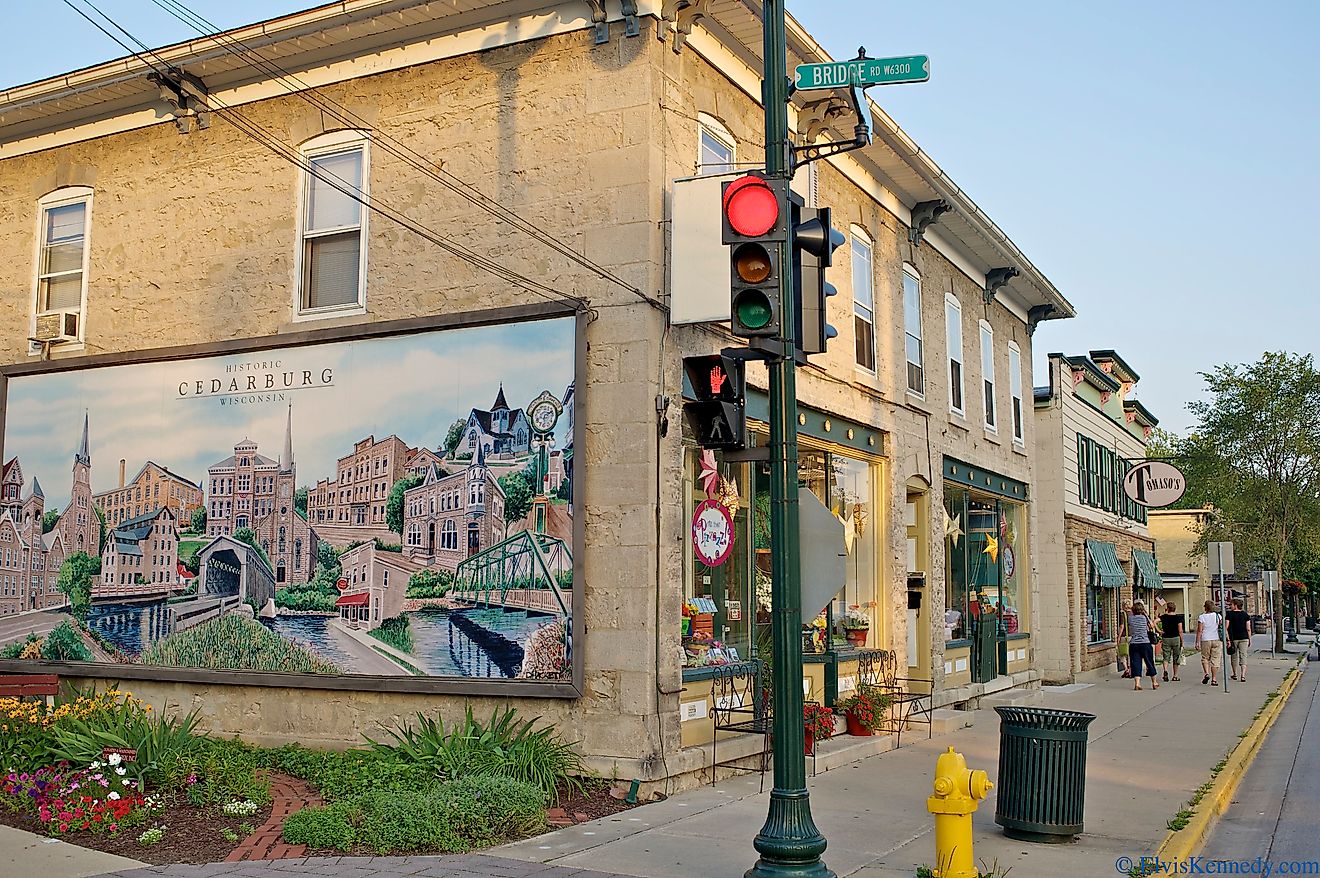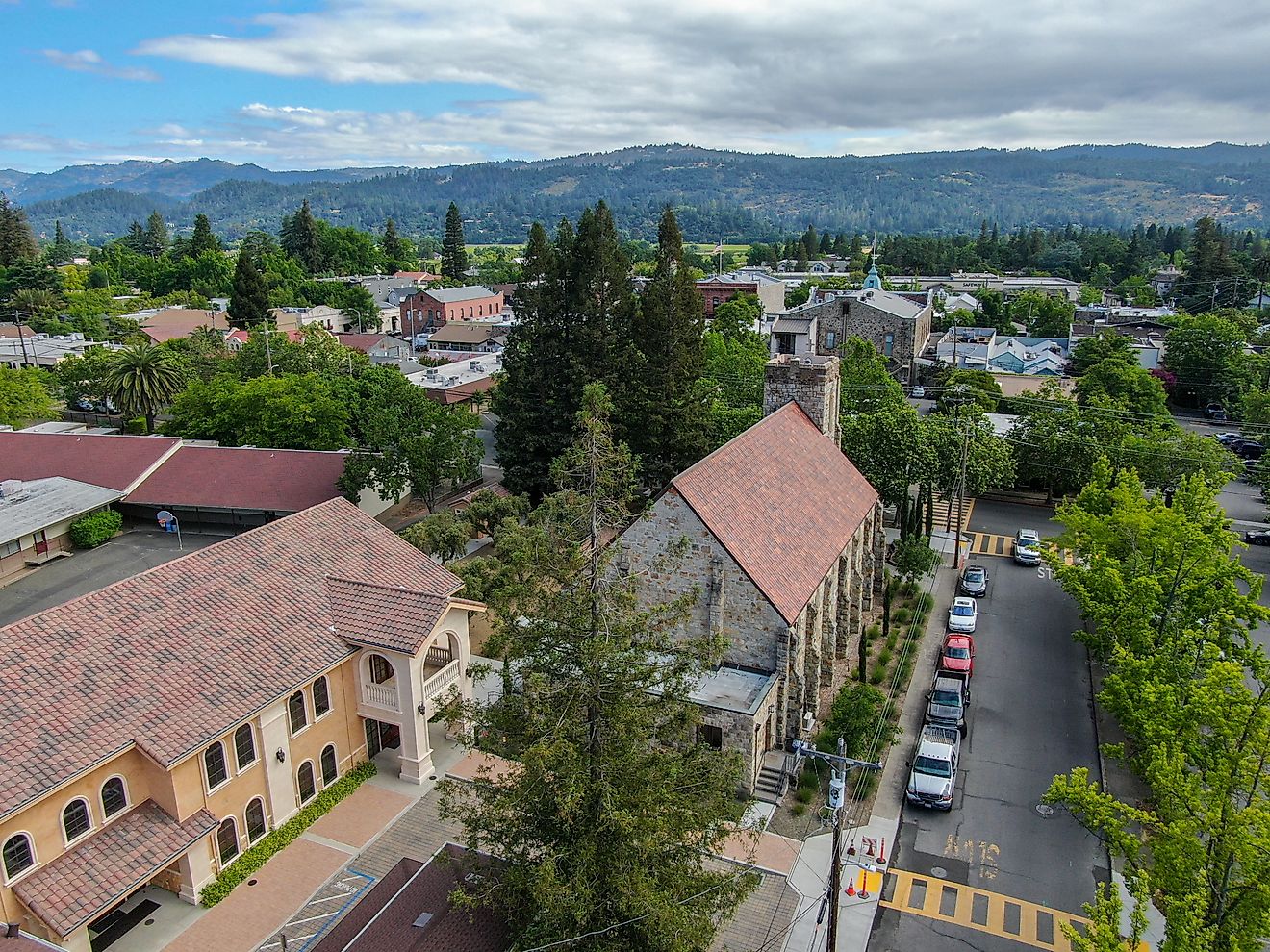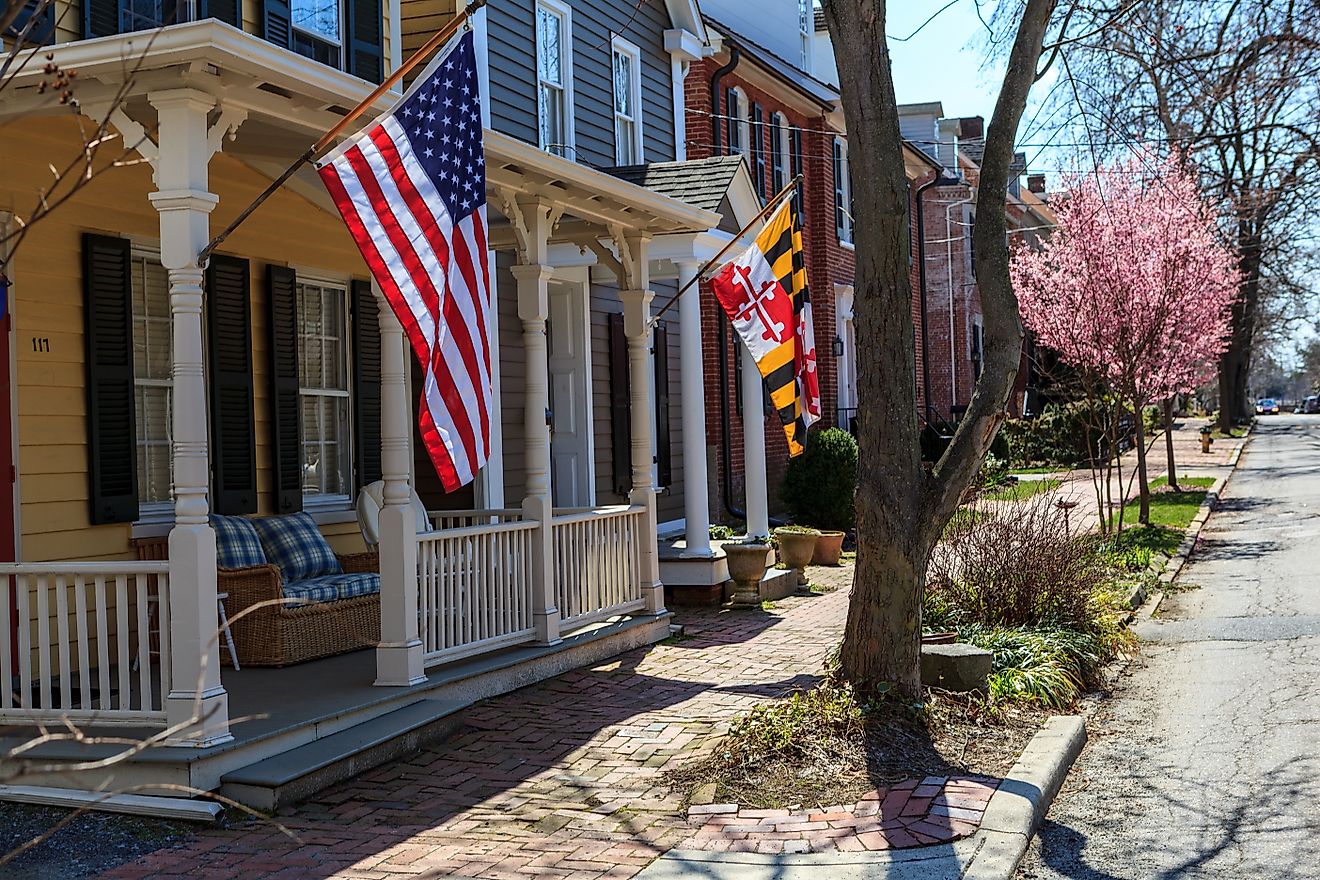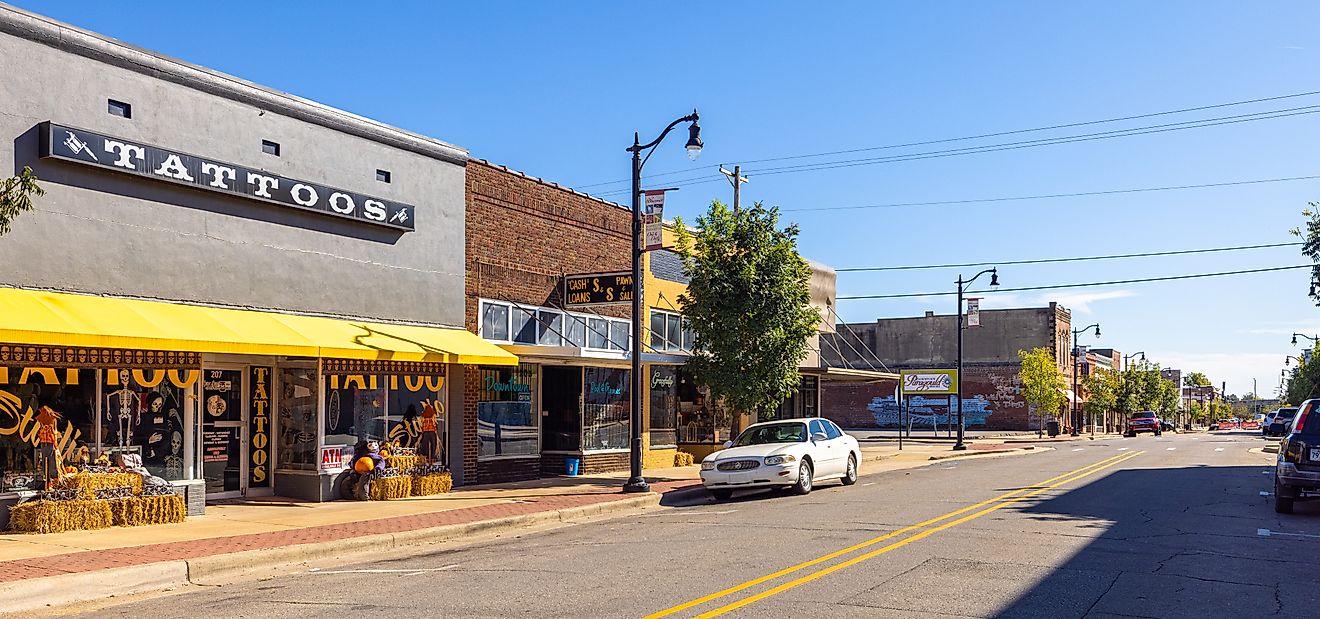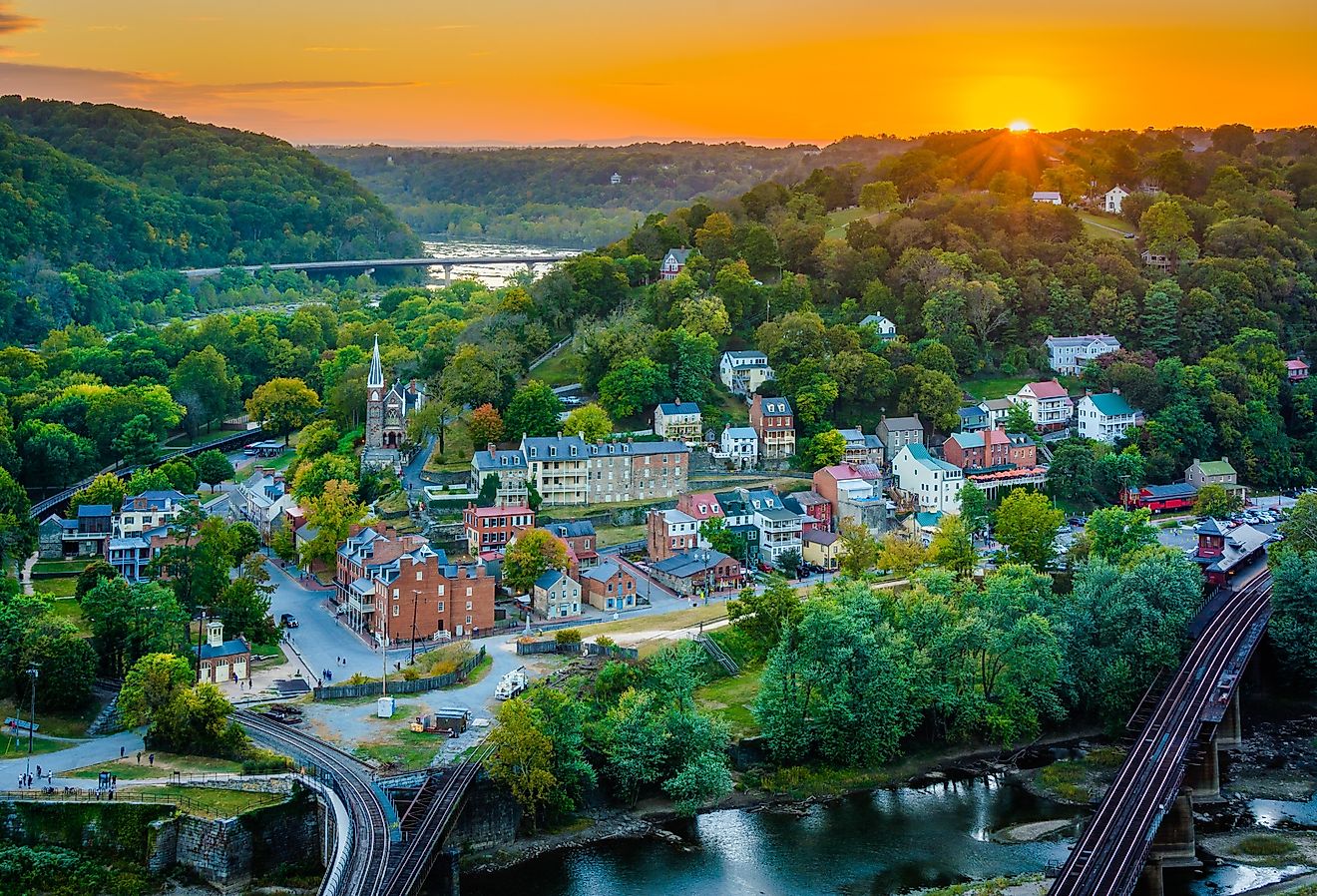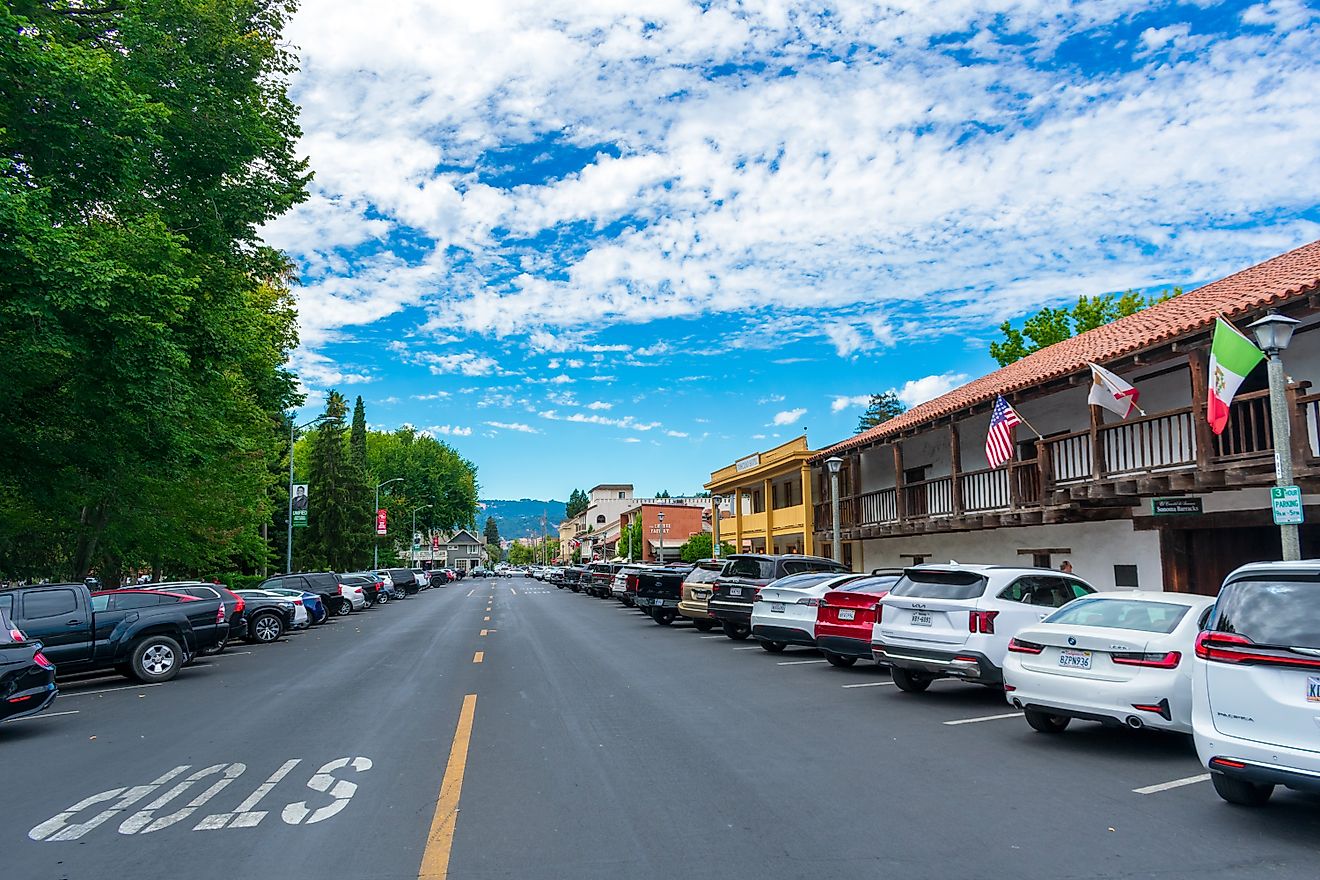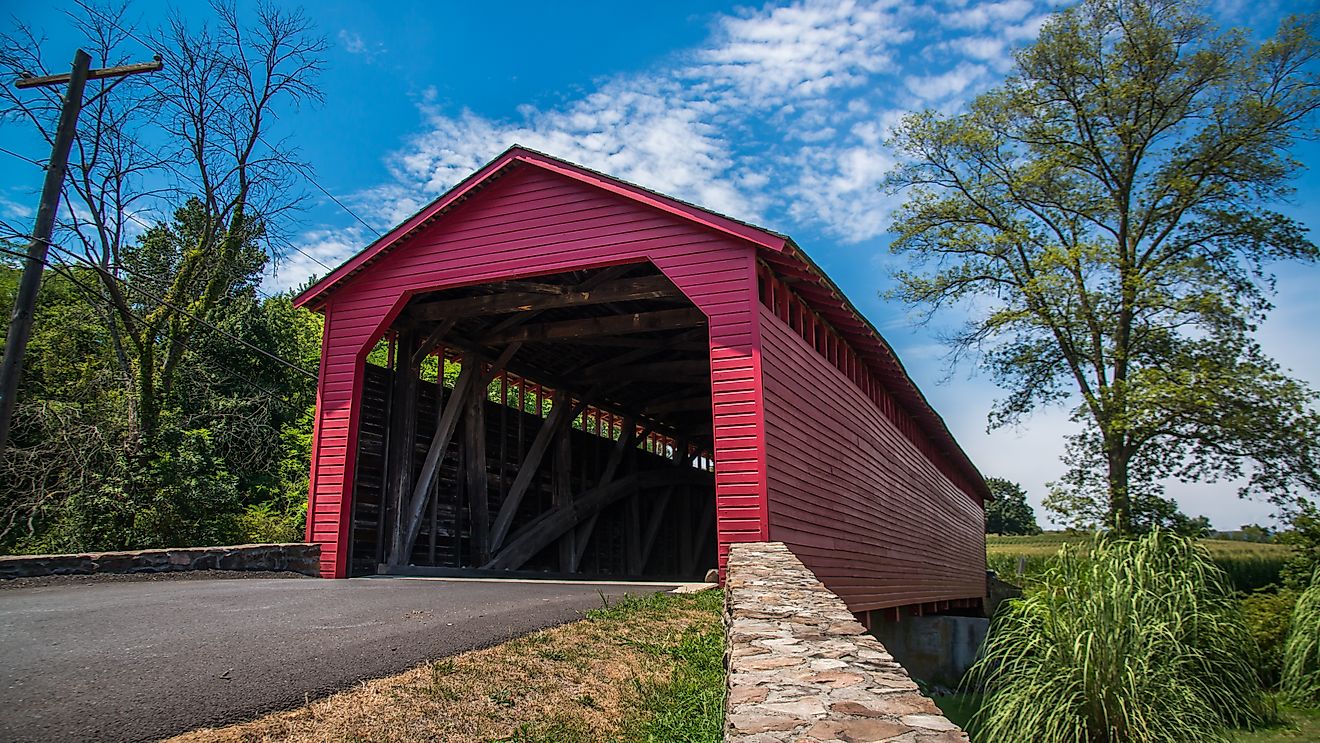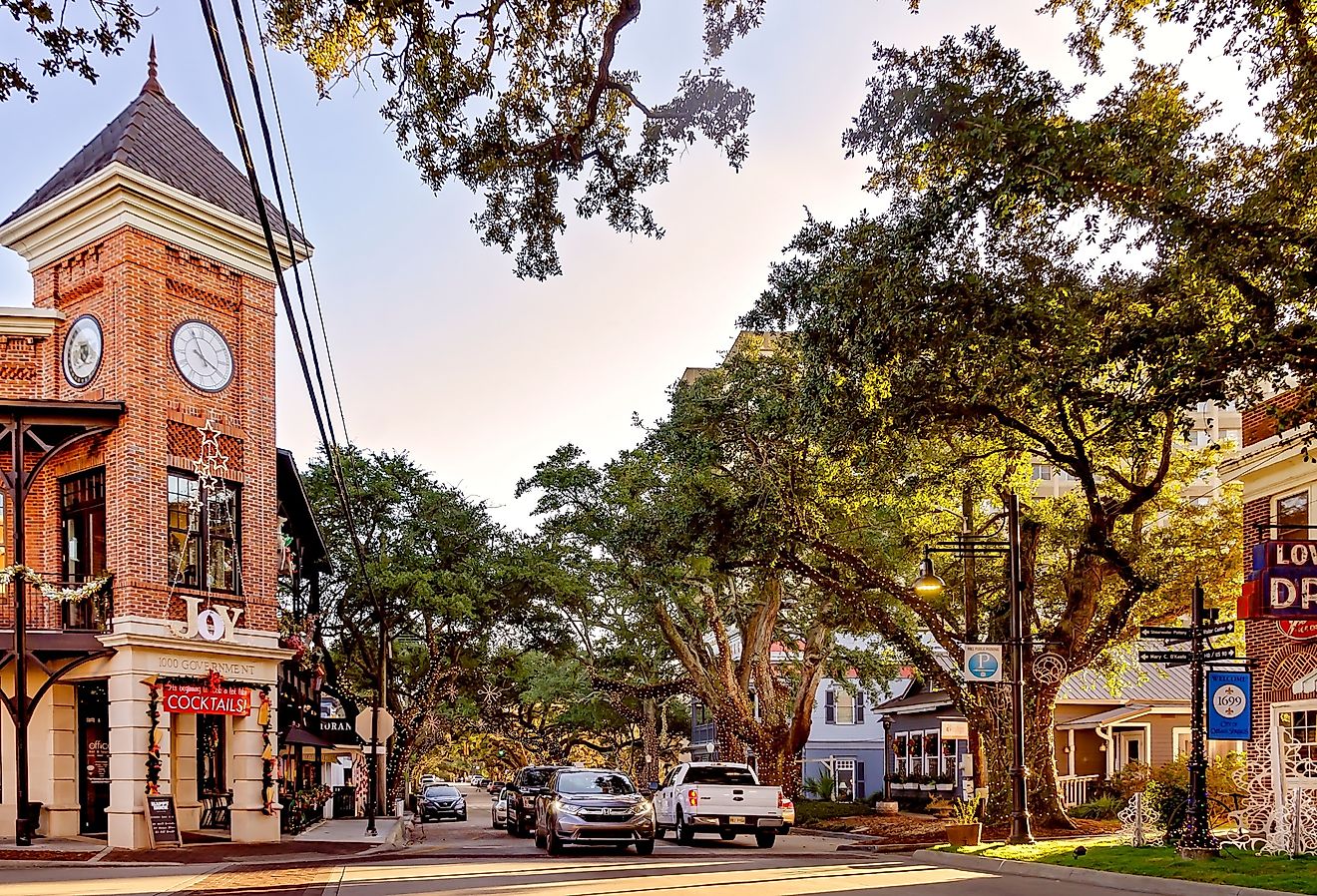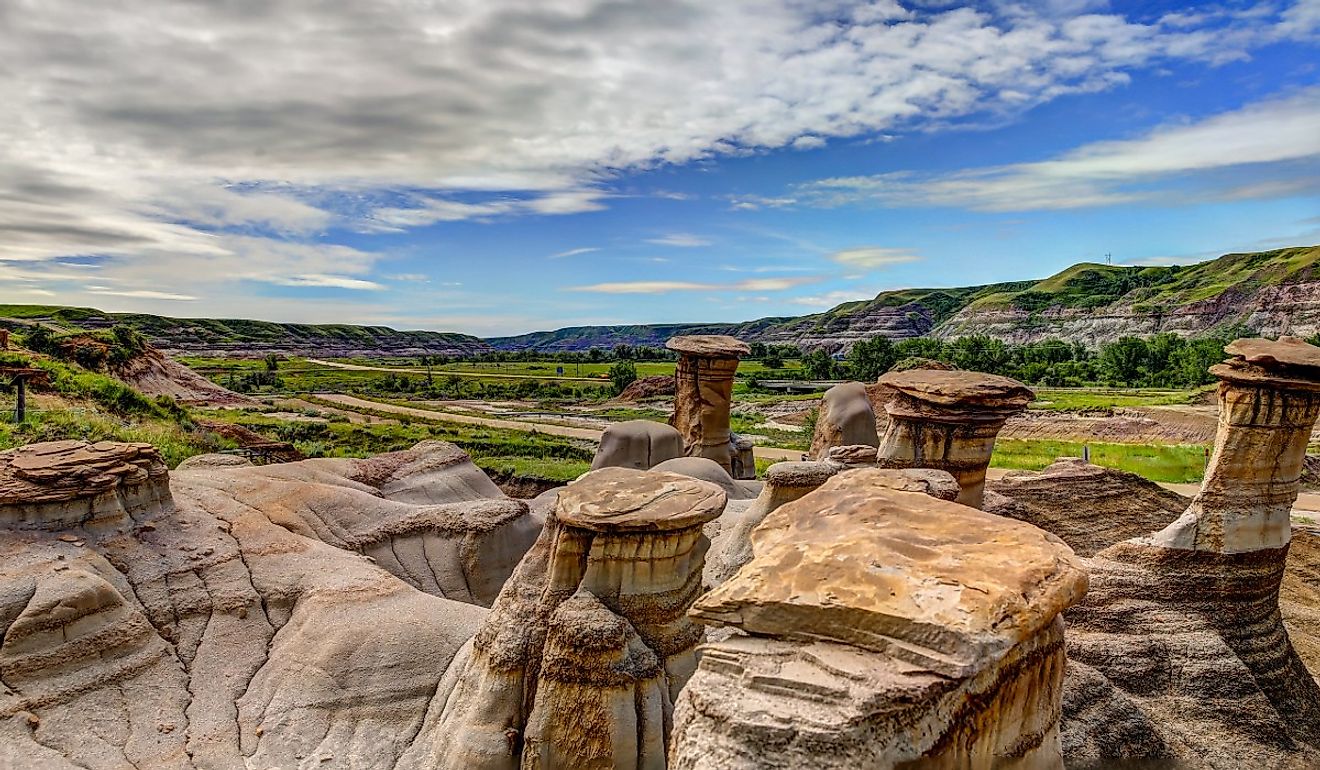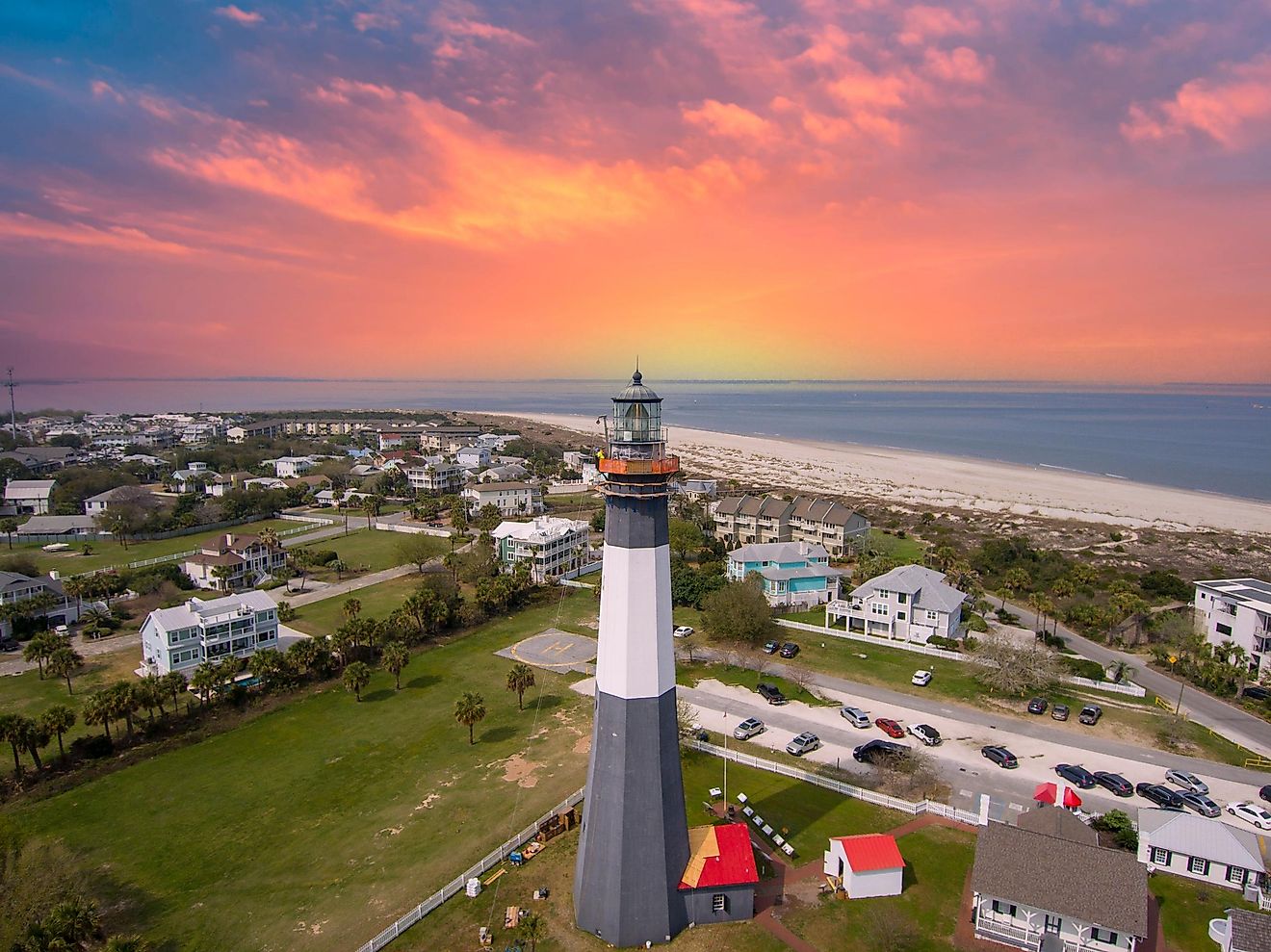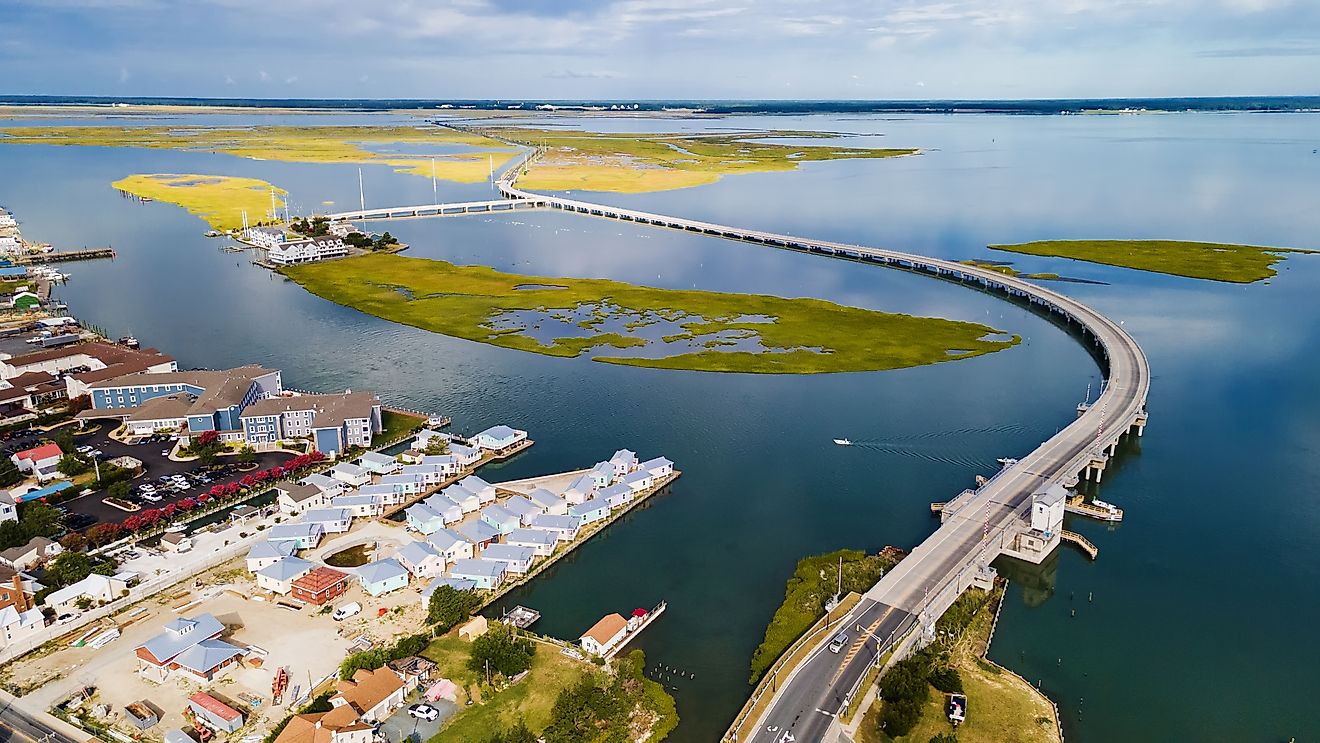
Theodore Roosevelt National Park
National Parks refers to those areas which are treasured for their natural environment and are maintained and protected by national governments. About 63 National Parks in the United States are currently managed by the National Parks Agency, which works under the US Department of Interior. It is estimated that a total area of 211,000 km2 is protected by National Parks in the United States.
Covering a total area of 285.08 km2, the Theodore Roosevelt National Park is made up of three separate badlands that are located in the western part of the US State of North Dakota. It is the only national park in the US that has been named in honor of a single person, honoring US president Theodore Roosevelt.
Geography

The Theodore Roosevelt National Park comprises three units, namely the North Unit, the central Elkhorn Ranch Unit, and the South Unit. The North Unit of the park is comparatively smaller and is situated to the south of North Dakota’s Watford City on the 2,380 km-long US Route 85 Highway. The relatively larger South Unit of the park is situated adjacent to North Dakota’s Medora town along the Interstate 94 Highway. Positioned between the North and South Units of the park is Roosevelt’s Elkhorn Ranch, which is situated about 32km to the west of North Dakota’s Fairfield village and the Route 85 Highway. All three units of the National Park are located along the Little Missouri River and all of them are connected by the 232 km long Maah Daah Hey Trail.

According to the Köppen climate classification, the National Park experiences a cold semi-arid climate with hot dry summers and long chilly winters. During July and August, the average daytime temperature averages about 25 °C, and in January, the nighttime temperature falls to -18 °C. The Park receives moderate precipitation of 380 mm a year. However, the climatic conditions of the park can rapidly change and blizzards and thunderstorms have been reported to occur during the winter and summer months.
Wildlife

A major portion of the Theodore Roosevelt National Park is covered by native mixed prairie grasses. In addition to the grasses, other plants like junipers, elm, cottonwood, and ash trees are also observed here. Several varieties of wildflowers bloom during the late spring and the summer months.
Some of the notable faunal species that are found in the park include the American bison, wild horses, white-tailed deer, elk, pronghorn, coyotes, cottontail rabbits, mice, chipmunks, voles, bighorn sheep, and prairie dogs. About 186 avian species have been recorded from the park including great horned owls, golden eagles, warblers, sparrows, wild turkeys, and sharp-tailed grouse.
Brief History

In September 1883, Theodore Roosevelt visited the badlands of North Dakota for the first time to hunt the bison. He immediately fell in love with the rugged landscape, and jointly with several other men, he invested in setting up the Maltese Cross Ranch which is located about 11 km to the south of Medora. In the summer of 1884, Roosevelt established his own cattle ranch, named the Elkhorn Ranch. However, the severely harsh winter of 1886-1887 led to the loss of his cattle due to starvation. Theodore Roosevelt continued to visit the Elkhorn Ranch regularly up to 1896. The experiences Roosevelt had during his stay at the ranch had a strong influence on the conservation policies he undertook when he served as president of the United States.
From 1934 onwards, several camps of the Civilian Conservation Corps were established, and this led to the development of roads and other structures in the area. In 1935, the area was named the Roosevelt Recreation Demonstration Area. In 1946, the area was taken over by the US Fish and Wildlife Services and was then renamed the Theodore Roosevelt National Wildlife Refuge. On April 25, 1947, the South Unit of the Theodore Roosevelt National Memorial Park was established. In 1948, a US Congress act led to the addition of the North Unit of the park. After several boundary adjustments, the Theodore Roosevelt National Park was established on November 10, 1978.
The Theodore Roosevelt National Park serves as a popular tourist destination and several tourists visit the park throughout the year. Both the North and South Units of the park have scenic drives and the park also provides various recreational opportunities for the tourists like camping, horseback riding, backcountry hiking, and wildlife viewing. Currently located at the South Unit’s main visitor center, the Maltese Cross Ranch is now maintained as a museum and is open for visitors throughout the year.
